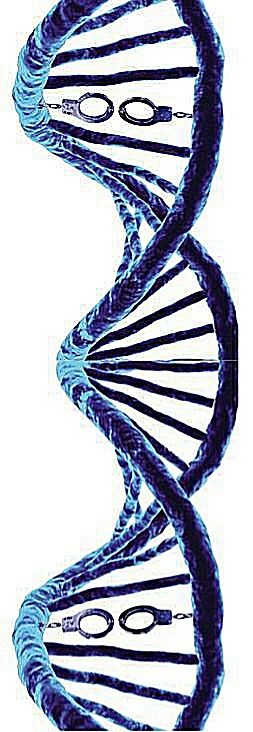The country has made unprecedented strides in the fight against crime. Both violent and non-violent crime are way down from their highs in decades past. This is great news, of course, but the success could easily lull us into a false sense of security, believing that we have the problem solved. Indeed, what if much of what we know about the causes of crime is either deeply flawed or flat out wrong?
Imagine the trial of a new drug for an ailment that is as intractable as it is lethal. Researchers find 100 people with the disease and give the new drug to the first 50 patients who show up to the clinic. The next 50 trial participants are placed into a control group and given no treatment. The drug has a truly shimmering success rate.
As you may have guessed, problems abound with this experimental design. For starters, because it isn’t randomized and because preexisting differences among the participants aren’t taken into account, the study can’t answer the question: Did the new drug cause anyone to get better? Such a study would be laughed out of the medical research community. And yet much of the knowledge concerning the causes of crime (as well as a host of other issues in the social sciences) stems from designs that aren’t much better than the poorly executed drug trial example.
Social scientists generally, and criminologists especially, often lack the ability (usually due to both ethical and practical concerns) to perform randomized controlled trials, the gold standard of research. We might expect, for instance, that having low levels of self-control is a cause of criminal behavior. In fact, some of the most powerful explanations of crime have been built on this idea, and there is much evidence to support it. We might also hypothesize that bad parenting causes children to develop low levels of self-control. Yet we can’t randomly assign people to have different levels of self-control, and we most assuredly can’t randomly assign kids to parents. All of this is to say that criminologists may never know for sure whether parenting causes self-control and whether, in turn, self-control causes crime.Read the rest of this article HERE.
If you like what you see, please "Like" us on Facebook either here or here. Please follow us on Twitter here.



No comments:
Post a Comment